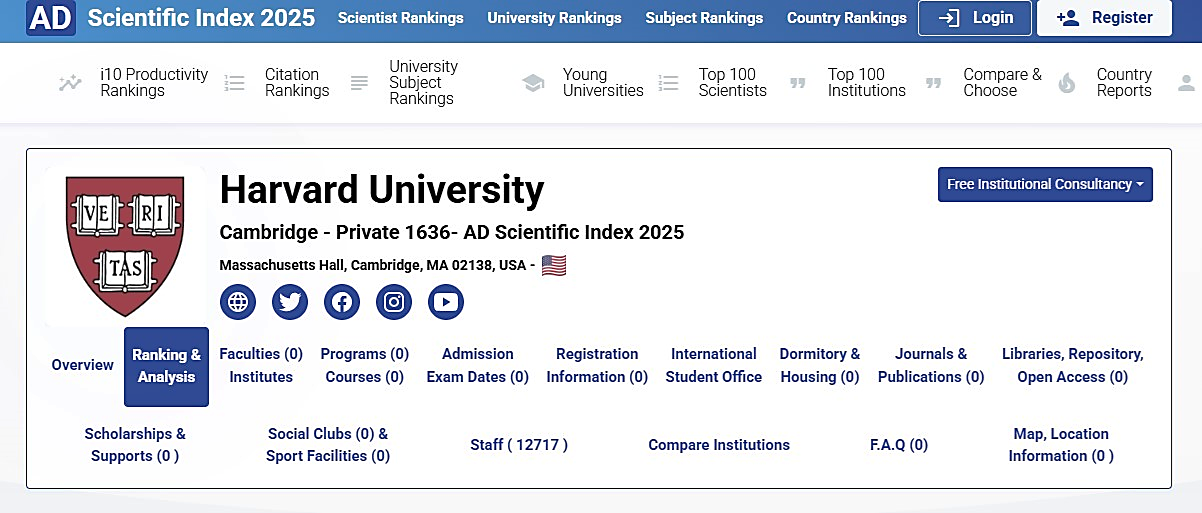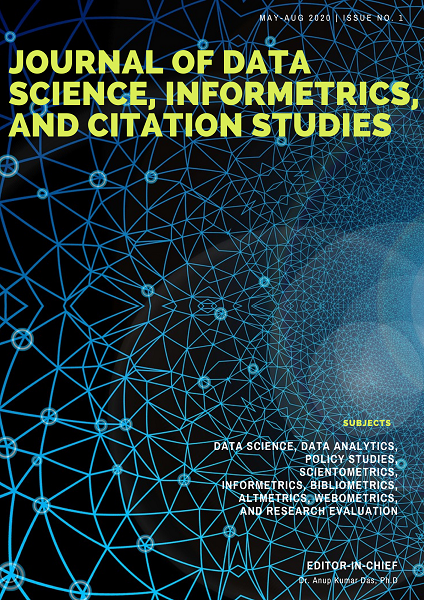A Website Review of AD Scientific Index: Evaluating its Methodology, Applications, and Impact on Research Assessment
DOI:
https://doi.org/10.5530/jcitation.20250169Keywords:
AD Scientific Research, Website Review, Research impact, Assessment, Google ScholarAbstract
The AD Scientific Index (Alper-Doger Scientific Index) is an emerging research evaluation tool that ranks individual researchers based on Google Scholar citation metrics. Unlike traditional scientometric tools such as Scopus, Web of Science, and Google Scholar Metrics, it provides real-time updates, researcher mobility tracking, and six-year applications, advantages, and limitations of the AD Scientific Index in comparison with other major Scientometric tools. While the AD Scientific Index offers dynamic and transparent ranking. Its heavy reliance on Google Scholar raises concerns about citation inflation, non-peer-reviewed content inclusion, self-citation manipulation, and lack of field normalization. Researchers in highly cited fields tend to dominate rankings, while disciplines with lower citation averages are underrepresented. Despite these limitations, the AD Scientific Index serves as a valuable supplementary tool for evaluating individual research impact. However, for a comprehensive assessment, it should be used alongside established scientometric databases like Scopus and Web of Science. The study concludes that while the AD Scientific Index enhances researcher visibility, its ranking should be interpreted cautiously, with a focus on quality over quantity in research evaluation.

Downloads
Published
How to Cite
Issue
Section
License
Copyright (c) 2025 Chaman Sab M, Mueen AHMED Kk

This work is licensed under a Creative Commons Attribution-NonCommercial-NoDerivatives 4.0 International License.



